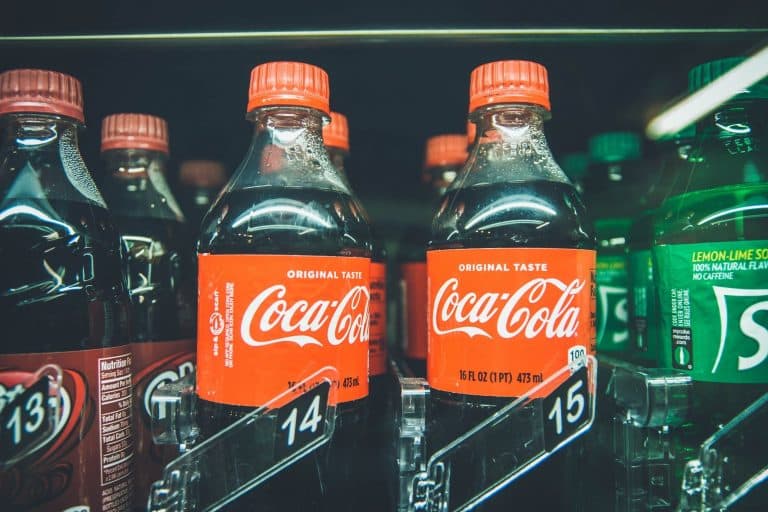
With news that a bottle and can deposit-return scheme gets the green light in England, and with plans already afoot in Scotland, you may be asking how a scheme such as this might help your business?
No-one yet knows what the Government led scheme will look like – it’s still in consultation. That said, it’s likely that shoppers will pay an extra charge on every single-use drinks bottle made of plastic or glass, or cans made of aluminium or steel. They will get the money back when they return the empty containers to the shop.
When will this happen? How will it actually work? Will it be rolled out nationally? Where will the machines be located? How will it be financed? Your guess is as good as ours right now.
But what we do know is that bottle deposit return machines (whatever you prefer to call them), are already in use – in one form or other. Here’s just one example:

So, if you adopted a similar scheme into your business, how might it help you?
Having looked into the various machines currently on the market, it’s clear the benefits are many.
# 1 – It will help you segregate your waste effectively.
Designated waste apertures increase the likelihood of waste being placed in the correct waste stream. Machines that allow incentivisation for a bottle, can or cup, will, of course, increase the likelihood even further.
#2 – It will help reduce contamination of waste
For businesses who sell their waste, this will dramatically increase its value. Therefore helping to justify the initial outlay of purchasing such a machine. For businesses which do not directly sell on their waste, but use waste collection companies such as Biffa, they will obtain higher rebates on their waste.
For example: As of March 2018, the cost of baled or strapped: Aluminium cans = £950 - £1,040 per tonne Mixed plastic bottles = £10 - £6 per tonne
#3 – Reduction in waste management costs
A cleaner, more hygienic environment requires not only less cleaning but with fewer bins to empty you will also see a reduction in waste management and waste storage costs.
One machine we reviewed, which compacts the waste deposited, has proven to reduce the volume of waste by 90%. Reducing what could be 45 bins bags to just 5. Fewer bins by default results in fewer waste collections. Simple!
#4 – Corporate Social Responsibility
Unlike Corporate Governance, CSR, in contrast, is a voluntary initiative for which no legislation has been enacted.
However, companies applying a Triple Bottom Line approach to CSR can be guided by legislation concerned with the social and environmental aspects of their business operations. As a business, you have a responsibility not only to your direct workforce but to the environment in which they work.
The latest drive for sustainability, responsible recycling and a circular-economy, a bottle deposit return machine will add value to any business.
- Increases engagement in recycling
- Improves your corporate culture
- Helps change the way people think about recycling – at work, at home, at play
- Adds value to your brand – promoting ethical processes that support environmental issues
#5 – ISO 14000 Family – Environmental Management
ISO 14001 is an internationally agreed standard that sets out the requirements for an environmental management system. It helps organisations improve their environmental performance through a more efficient use of resources and reduction of waste, gaining a competitive advantage and the trust of stakeholders.
In this respect, a bottle deposit return machine (system) ticks all boxes, helping businesses acquire and retain ISO 14001 accreditation.
Ready to learn more? Talk to one of our recycling solutions specialists

